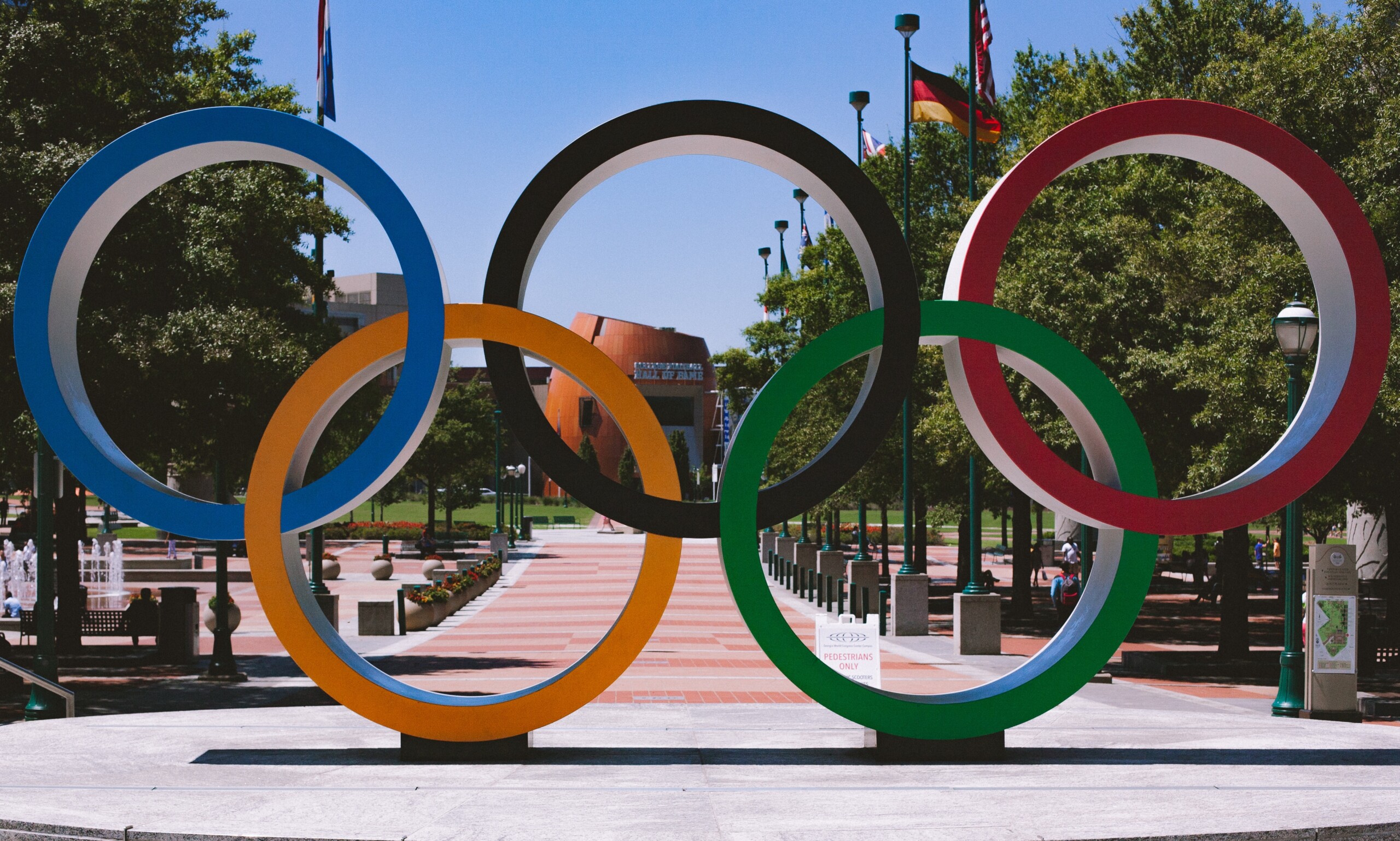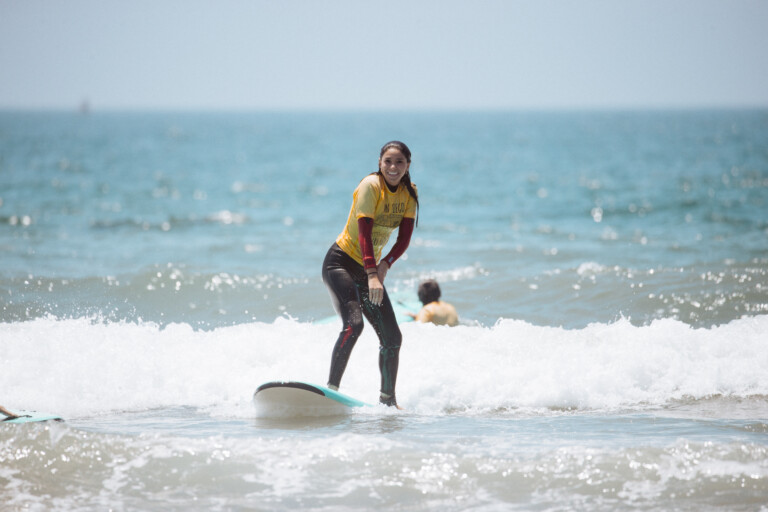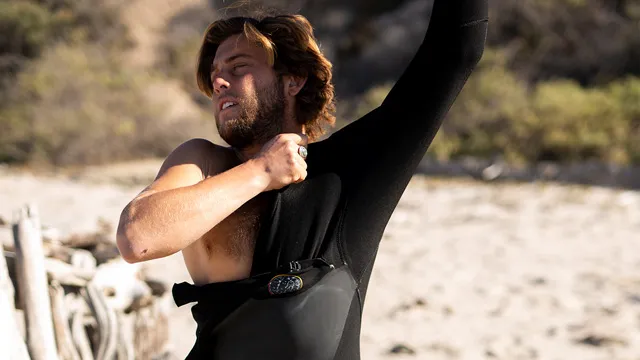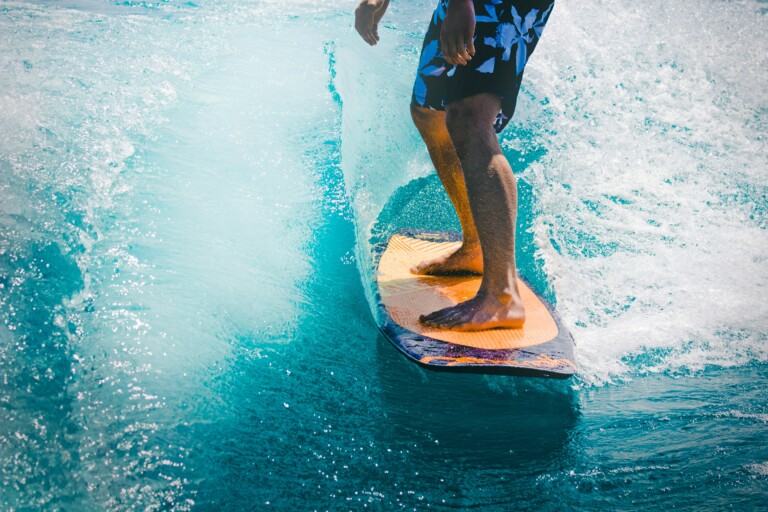The inclusion of surfing in the Olympic Games marked a historic moment for the sport and its global community. However, the road to making surfing an official Olympic event was a long and winding one, filled with challenges, debates, and a constant struggle for recognition.
Geographical Challenges:
Surfing’s unique requirement of ocean waves presented a geographical hurdle for its inclusion in the Olympics. Unlike traditional sports with fixed arenas, surfing relies heavily on the availability of suitable waves, making it challenging to host competitions in landlocked regions. The need for coastal venues limited the pool of potential host cities, contributing to the delay in surfing’s Olympic debut.
Varied Nature of the Sport:
Surfing encompasses a diverse range of disciplines, from shortboarding to longboarding, and from big wave riding to technical maneuvers. Deciding which aspect of surfing should be featured in the Olympics proved to be a complex task. The International Olympic Committee (IOC) and the International Surfing Association (ISA) had to navigate through these intricacies to create a format that would showcase the essence of the sport.
Cultural and Environmental Considerations:
Surfing is deeply rooted in the cultures of coastal communities around the world. The challenge lay in preserving the authenticity of the sport while aligning it with the Olympic spirit. Environmental concerns also played a role, with the surfing community emphasizing the need to protect the oceans and coastal ecosystems during the planning and execution of Olympic events.
Bureaucratic Hurdles:
The bureaucratic process of gaining Olympic recognition is often a lengthy one. The ISA spent years lobbying for surfing to be included, presenting a strong case to the IOC. Negotiating the intricate details of rules, regulations, and logistical considerations required time and patience, further delaying surfing’s official entry into the Olympic Games.
Judging Criteria and Subjectivity:
One of the unique challenges that surfing presented was the subjective nature of judging. Unlike many traditional sports with clear-cut scoring systems, evaluating the artistic and athletic components of surfing proved to be subjective. Developing a universally accepted judging criteria that would be fair and consistent added complexity to the process.
Popularity and Media Appeal:
The Olympics traditionally aim to feature sports with broad global appeal. While surfing is immensely popular in certain regions, its popularity varies across the globe. Convincing the IOC that surfing could capture the attention of a diverse and global audience required extensive efforts to showcase the sport’s unique charm and competitive excitement.
Surfing’s journey to Olympic recognition was undoubtedly a challenging one, shaped by geographical, cultural, and bureaucratic factors. The sport’s inclusion in the Games marked a significant achievement for the surfing community, providing a platform for athletes to showcase their skills on the world stage. As the waves of change continue to reshape the landscape of Olympic sports, surfing stands as a testament to the perseverance and passion that drive the evolution of the Games.











